Primidone is a seizure medication that’s been used for over 60 years. It works by calming overactive nerve signals in the brain that cause seizures. Many people with epilepsy take it daily without issues-but if you don’t follow the rules, it can lead to dangerous side effects, hospital visits, or even worse seizures. This isn’t a drug you can guess your way through. You need to know exactly what to do-and what to avoid.
Do Take Primidone Exactly as Prescribed
Your doctor didn’t pick 250 mg twice a day by accident. Primidone has a narrow window between working well and causing problems. Too little, and seizures won’t be controlled. Too much, and you’ll feel dizzy, nauseous, or even lose coordination. The goal is steady blood levels. That means taking it at the same times every day, no skipping, no doubling up if you forget. If you miss a dose, take it as soon as you remember-but only if it’s within a few hours. If it’s close to your next dose, skip it. Never take two doses at once.
Studies show people who take anticonvulsants like primidone inconsistently are three times more likely to have breakthrough seizures. Your brain remembers the rhythm. Break it, and your nerves go haywire.
Do Not Drink Alcohol While on Primidone
Alcohol and primidone don’t mix. Both depress the central nervous system. Together, they can slow your breathing, make you fall over, or even cause you to pass out. Even one drink can turn a mild side effect like dizziness into a dangerous fall. People on primidone who drink regularly report worse balance, slower reaction times, and more confusion-especially in the first few weeks.
The UK’s National Institute for Health and Care Excellence (NICE) advises complete abstinence from alcohol while taking primidone. It’s not a suggestion-it’s a safety rule. If you’re used to a glass of wine at dinner, swap it for sparkling water with lime. Your brain will thank you.
Do Monitor for Side Effects Early
Primidone hits hard in the first month. You might feel tired, clumsy, or nauseous. That’s normal at first. But if these don’t improve after 2-4 weeks, or if they get worse, talk to your doctor. Don’t wait. You might need a dose tweak.
Watch for signs like:
- Slurred speech that doesn’t go away
- Uncontrollable shaking in your hands
- Blurred vision or double vision
- Severe drowsiness that makes you fall asleep mid-conversation
- Skin rash or swelling in your face or throat
The last one-rash or swelling-is a red flag. It could mean a serious allergic reaction. Stop taking primidone and go to A&E immediately.
Do Not Stop Primidone Suddenly
Stopping primidone cold turkey is one of the most dangerous things you can do. Your brain gets used to the drug suppressing abnormal electrical activity. Take it away, and those signals explode. You could have a cluster of seizures, status epilepticus, or even brain damage.
Doctors never stop primidone abruptly. If you need to switch medications or discontinue it, the dose is lowered slowly-over weeks or months. You might go from 500 mg down to 250 mg, then 125 mg, then 62.5 mg, spaced out over 30 days. Never do this yourself. Always follow a doctor’s tapering plan.
Do Inform All Your Doctors You’re on Primidone
Primidone doesn’t just affect your seizures. It changes how your body handles other drugs. It speeds up the breakdown of birth control pills, blood thinners, antidepressants, and even some antibiotics. That means your birth control might fail. Your warfarin dose might become too strong. Your anxiety meds might not work.
Every time you see a new doctor-dentist, physiotherapist, GP, even a travel clinic-tell them you take primidone. Bring your medication list. Write it on your phone notes. Put it in your wallet. This isn’t just paperwork-it’s life-saving.
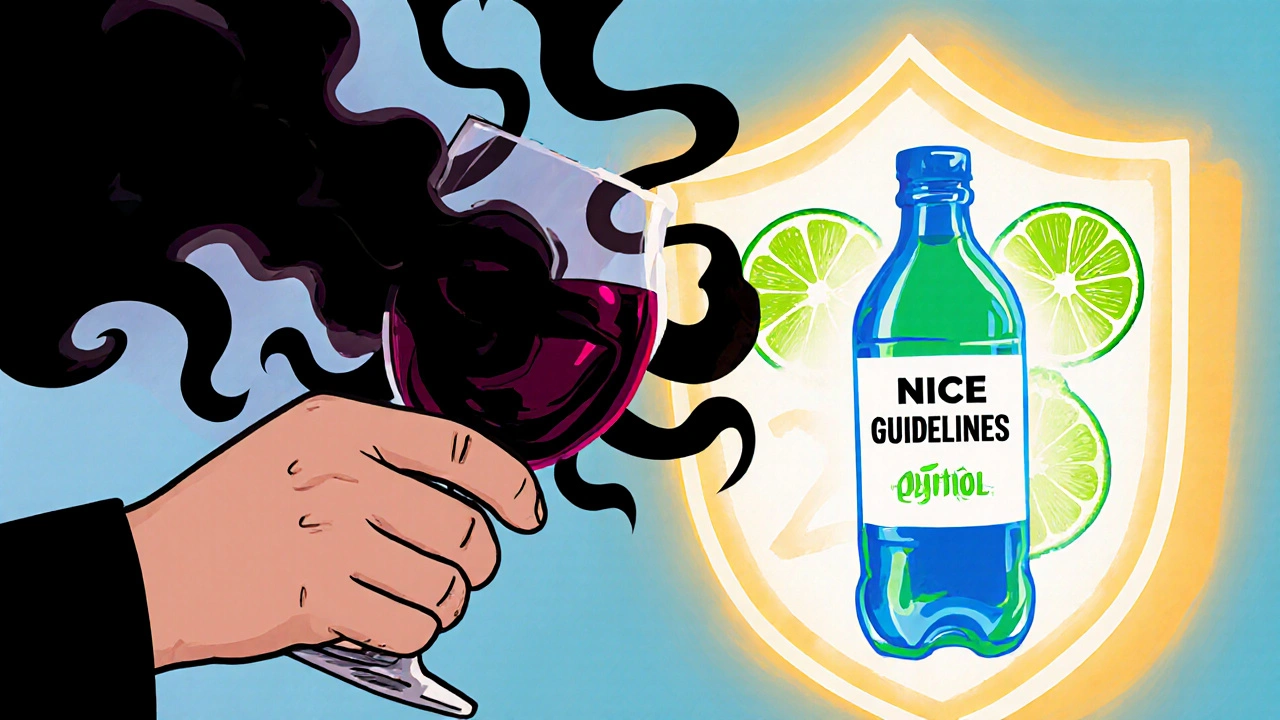
Do Not Rely on Over-the-Counter Supplements
You might read online that magnesium, vitamin D, or CBD helps with seizures. That’s not proven for primidone users. Worse, some supplements interfere with how your liver processes primidone. St. John’s Wort, for example, makes primidone less effective. High-dose vitamin D can raise calcium levels dangerously when combined with primidone.
Even herbal teas like chamomile or valerian root can make you extra sleepy. Stick to what your neurologist recommends. If you want to try something new, ask them first-not Google.
Do Get Regular Blood Tests
Primidone’s effectiveness and safety depend on your blood levels. Too low? Seizures return. Too high? You feel like you’re drunk all the time. Your doctor will check your levels 2-4 weeks after starting, then every 3-6 months after that.
They’ll also check your liver and kidney function. Primidone is processed by your liver and cleared by your kidneys. If either organ is struggling, your dose needs adjusting. Don’t skip these tests. They’re not optional. They’re your safety net.
Do Not Drive Until You Know How Primidone Affects You
In the UK, you must tell the DVLA if you have epilepsy. But even if your seizures are controlled, primidone can make you drowsy, slow your reflexes, or blur your vision. You might feel fine-but your brain isn’t operating at 100%.
Wait at least 4 weeks after starting primidone-or after any dose change-before driving. If you’ve had any dizzy spells, even mild ones, don’t get behind the wheel. The law says you can’t drive if your seizures aren’t fully controlled, and side effects can count against you too. Your safety and others’ depend on it.
Do Keep a Seizure Diary
Write down every seizure-when it happened, how long it lasted, what you were doing, and how you felt afterward. Note any side effects: fatigue, memory lapses, mood swings. This isn’t busywork. It’s your most powerful tool.
Your neurologist can’t see what you experience between appointments. A diary tells them if the dose is working, if you’re having breakthrough seizures, or if side effects are getting worse. Apps like Seizure Tracker or even a simple notebook work. The key is consistency.
Do Not Ignore Mood Changes
Primidone can affect your emotions. Depression, anxiety, irritability, or even suicidal thoughts have been reported in a small number of users. It’s rare-but real. If you start feeling hopeless, withdrawn, or have thoughts of self-harm, tell someone immediately. Don’t wait. Don’t brush it off as stress.
People on anticonvulsants are at higher risk for mood disorders. That’s why your doctor should ask about your mood every visit. If they don’t, bring it up yourself. Your mental health matters as much as your seizures.
Do Talk to Your Doctor About Long-Term Use
Primidone is safe for long-term use-but not without monitoring. Over years, bone density can drop. Your risk of osteoporosis increases. Your liver enzymes might rise. Your vitamin D levels may fall.
Your doctor should check your bone health every 2-3 years with a DEXA scan. They may recommend calcium and vitamin D supplements. They might also check for signs of liver strain. Don’t assume everything’s fine because you haven’t had a seizure. Prevention is part of the treatment.
Do Not Compare Your Dose to Someone Else’s
Your friend takes 750 mg a day and feels great. Your cousin takes 250 mg and hasn’t had a seizure in five years. That doesn’t mean your dose is wrong. Primidone is dosed by weight, age, liver function, and how your body metabolizes it. Two people can take the same dose and have completely different blood levels.
Trying to match someone else’s dose is dangerous. You could overdose or underdose. Your treatment is personal. Trust your doctor’s plan-not stories from online forums.
Do Stay Consistent with Lifestyle
Primidone works better when your body isn’t stressed. Sleep deprivation, extreme stress, or skipping meals can trigger seizures-even if your blood levels are perfect. Stick to a regular sleep schedule. Eat balanced meals. Manage stress with walking, breathing, or talking to someone.
Don’t think of primidone as a magic pill. It’s one part of a bigger system. Your lifestyle supports the drug. Neglect your sleep, and you’re fighting an uphill battle.
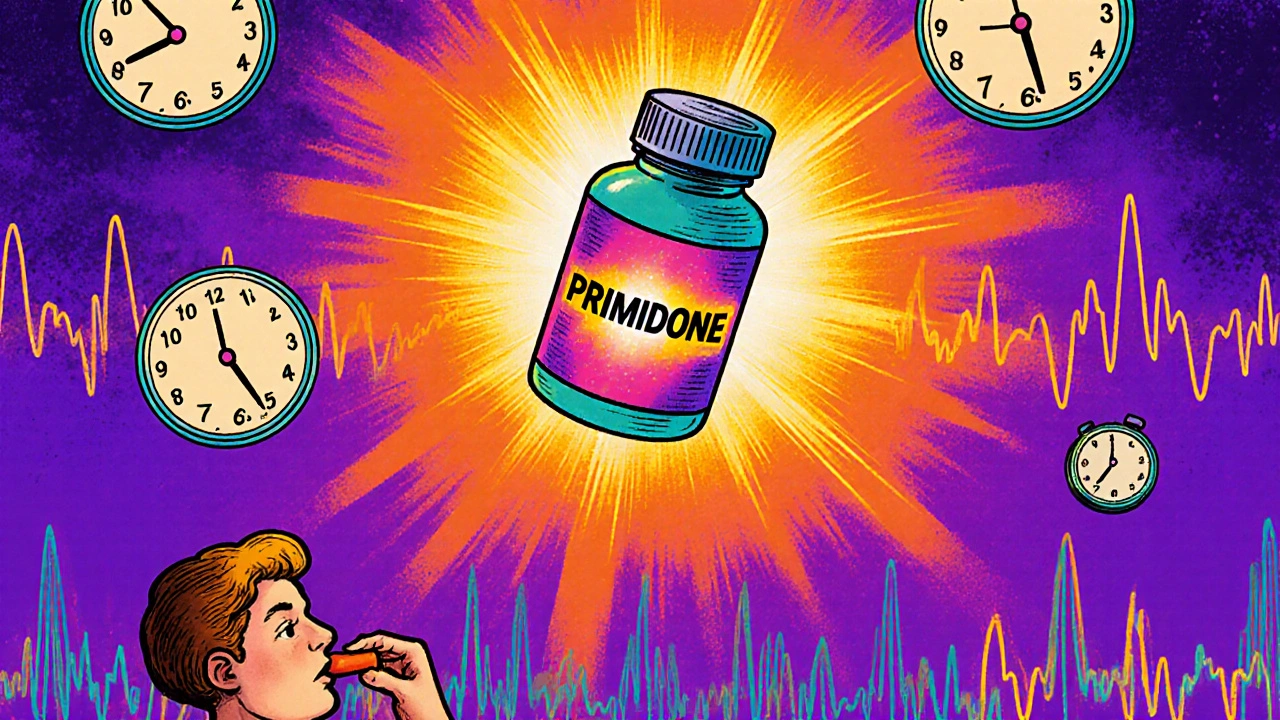
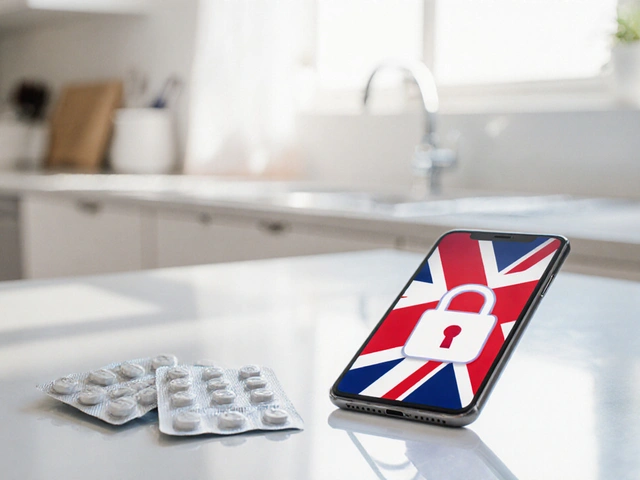

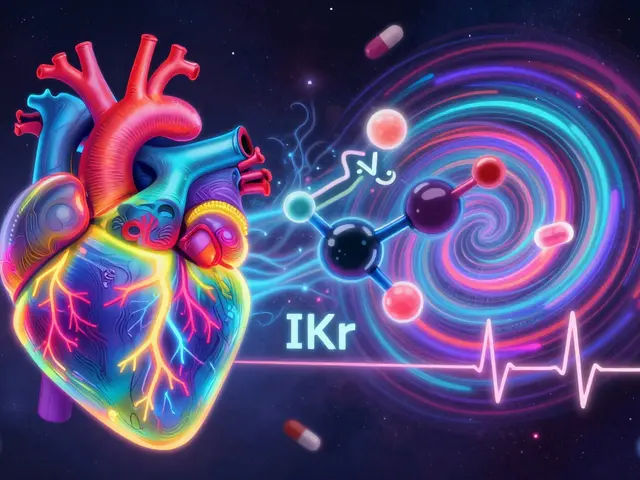
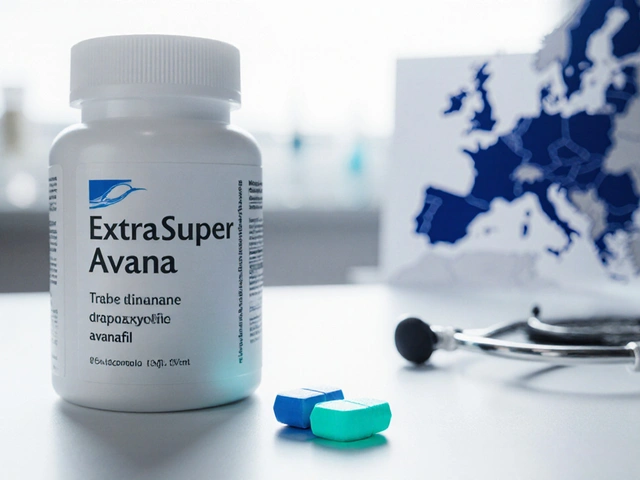
Deepak Mishra
November 16, 2025 AT 11:36OMG I JUST TOOK PRIMIDONE FOR 3 WEEKS AND NOW I CAN’T EVEN WALK IN A STRAIGHT LINE 😭😭😭 MY DOCTOR SAID IT WAS ‘NORMAL’ BUT I THINK THEY’RE LYING??!!
John Mwalwala
November 18, 2025 AT 05:42That’s classic pharmacokinetic displacement. Primidone induces CYP3A4 and CYP2E1 isoforms, which explains your ataxia-your liver’s overtaxed trying to metabolize the phenobarbital metabolite while your GABAergic receptors are downregulated. You’re not crazy, you’re just in the therapeutic window’s edge zone. Get a TDM (therapeutic drug monitoring) stat. Also, check your serum albumin-hypoalbuminemia skews free fraction levels. Trust me, I’ve seen this 12x in my neuropharm rotation.
Diane Tomaszewski
November 19, 2025 AT 00:06It’s just your body learning how to live with the medicine. Everyone feels weird at first. Give it time. Sleep more. Eat real food. Don’t stress. You’ll find your balance.
Jamie Watts
November 20, 2025 AT 04:50LOL you’re telling me you didn’t read the part about alcohol? You’re lucky you didn’t die. People like you are why ERs are packed. Stop being dumb and read the damn instructions next time
Kihya Beitz
November 20, 2025 AT 22:21Oh wow so now I’m supposed to feel guilty because I had a glass of wine after my first dose? Maybe I just wanted to feel something besides this zombie fog. Thanks for the guilt trip, doctor. 🙃
Latrisha M.
November 22, 2025 AT 08:26Keep a seizure diary. Even if it’s just a note on your phone. Write down when you felt off, what you ate, how much you slept. It’s not extra work-it’s your voice when you can’t speak up.
Rachel Wusowicz
November 22, 2025 AT 20:58Did you know primidone was originally developed as a sedative for WWII soldiers? The military found it suppressed seizures in traumatized troops… and then they quietly stopped giving it to them because it made them too emotionally numb. They didn’t want soldiers who didn’t care anymore. Coincidence? I think not.
Dan Angles
November 23, 2025 AT 09:44Thank you for the thorough and clinically accurate guidance. I would like to emphasize that adherence to prescribed regimens, regular laboratory monitoring, and open communication with one’s healthcare provider remain the foundational pillars of safe and effective antiepileptic therapy. Your post exemplifies best-practice patient education.
Daniel Stewart
November 24, 2025 AT 05:07It’s funny how we treat medication like a moral contract. Take it right and you’re virtuous. Miss a dose and you’re a failure. But the brain doesn’t care about your discipline-it just wants equilibrium. Maybe the real problem isn’t the drug… it’s the expectation that we can control biology with willpower.